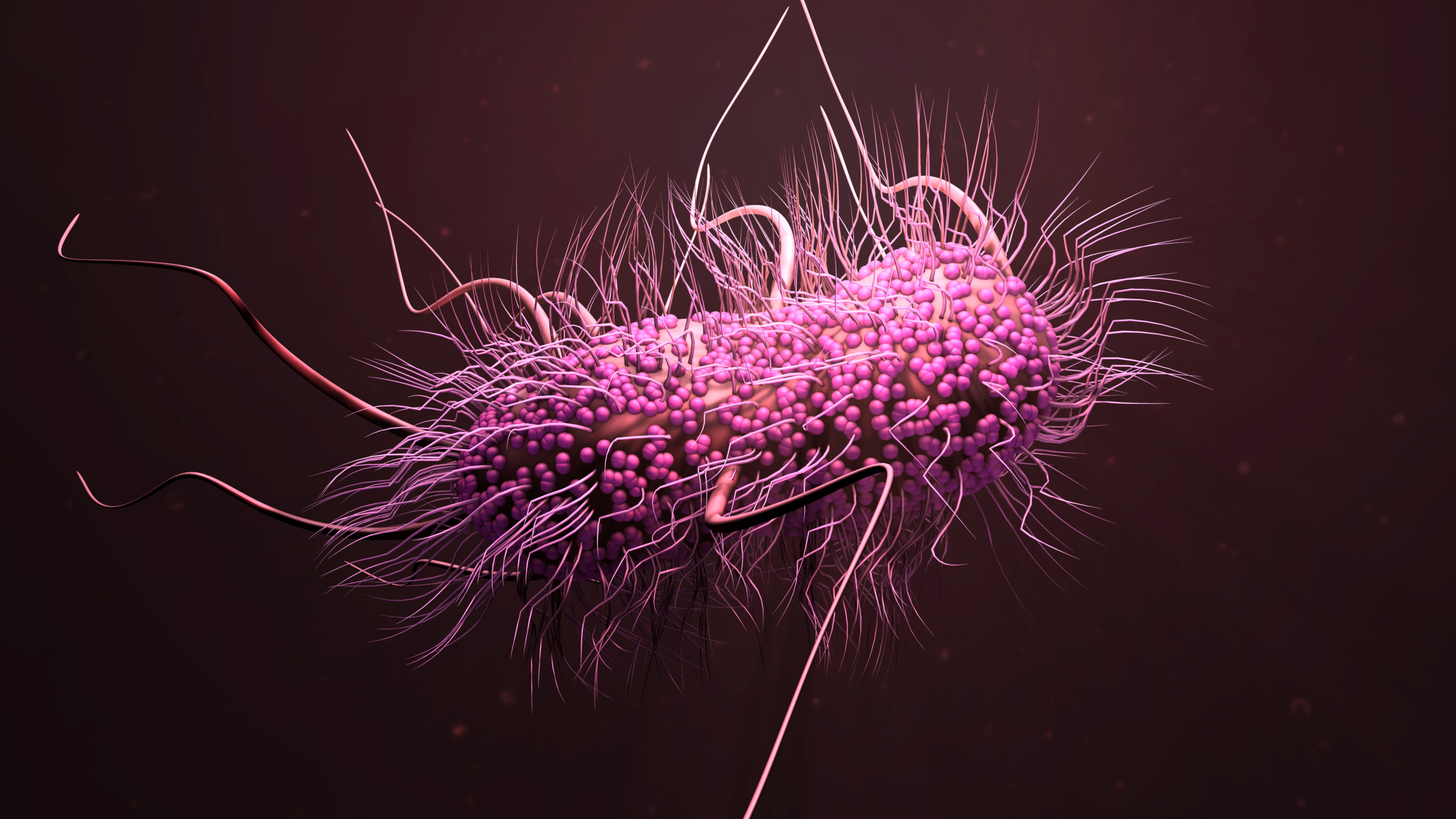Photodisinfection shows promise in combatting antimicrobial resistance
Canadian life sciences company Ondine Biomedical has presented new research showing that their Steriwave photodisinfection device reduced antibiotic-resistant bacteria by more than 99.9%. The in vitro study, presented at the IP2023 annual conference in Liverpool in October, shows that photodisinfection can play an important role in strategies for combatting antimicrobial resistance.
Photodisinfection uses a photosensitizer and a specific wavelength of light to trigger photo-
chemical reactions that produce reactive oxygen species. These reactive oxygen species are lethal to a broad spectrum of microbes, including bacteria, fungi, and viruses. Importantly, photodisinfection does not induce antimicrobial resistance formation.
The controlled study evaluated the efficacy of Ondine’s Steriwave photodisinfection against Gram-negative and Gram-positive multidrugresistant (MDR) and extensively drug-resistant
(XDR) bacteria with novel antibiotic resistance factors. All of the bacterial strains used in the study exhibited resistance against some of the most commonly prescribed antibiotic classes, including penicillin, tetracyclines, quinolones and carbapenems.
The results of the study showed that treatment with photodisinfection resulted in >99.9% reduction of viable bacteria compared to the control, regardless of the antibiotic susceptibility of the bacteria. The authors concluded that photodisinfection is likely an important adjunct to AMR strategies in the future and that further clinical studies are warranted. Antimicrobial resistance remains a major
public health concern, causing 33,000 deaths in Europe annually which is projected to rise to over 10 million globally by 2050.
Carolyn Cross, CEO of Ondine, commented: “We continue to demonstrate, both clinically in hospitals across Canada and in the lab, that photodisinfection can provide a real alternative to topical antimicrobials which are no longer effective against an increasing number of pathogens. The evidence continues to show that photodisinfection destroys all types of pathogens including viruses, bacteria and fungi even those in biofilm, and we believe this technology can save millions of lives.
The results of this study are particularly welcome as we prepare for our US Phase 3 trial in partnership with HCA Healthcare who are providing invaluable guidance and support.”


